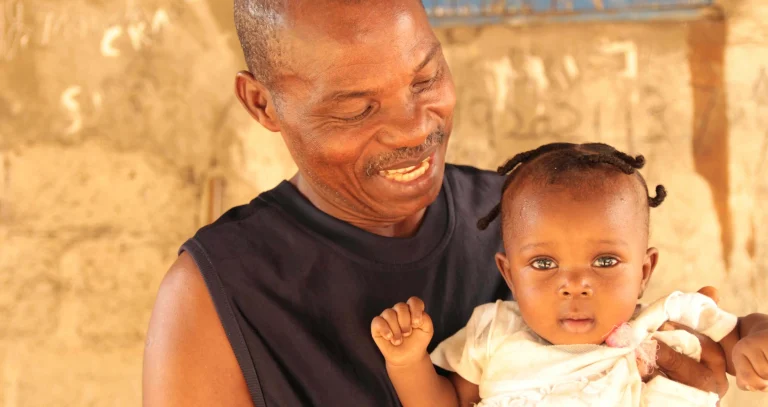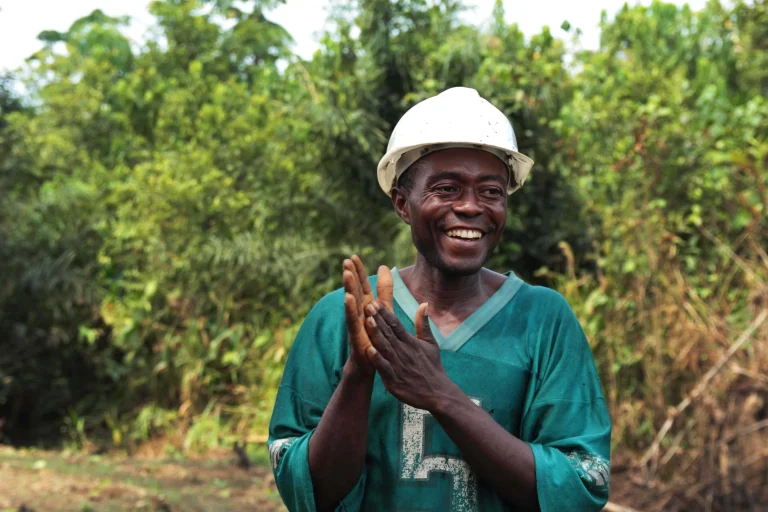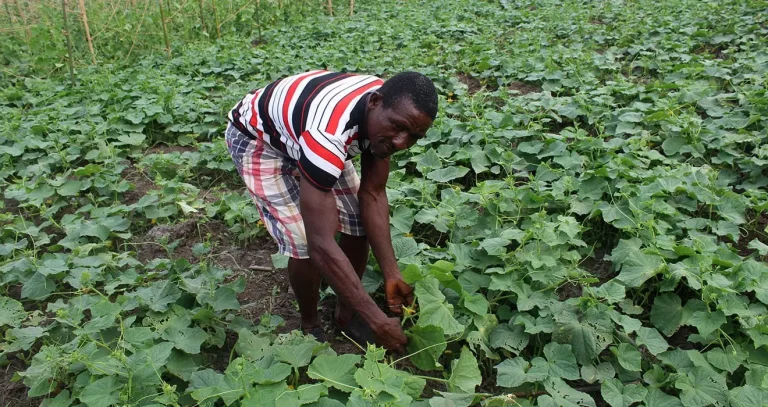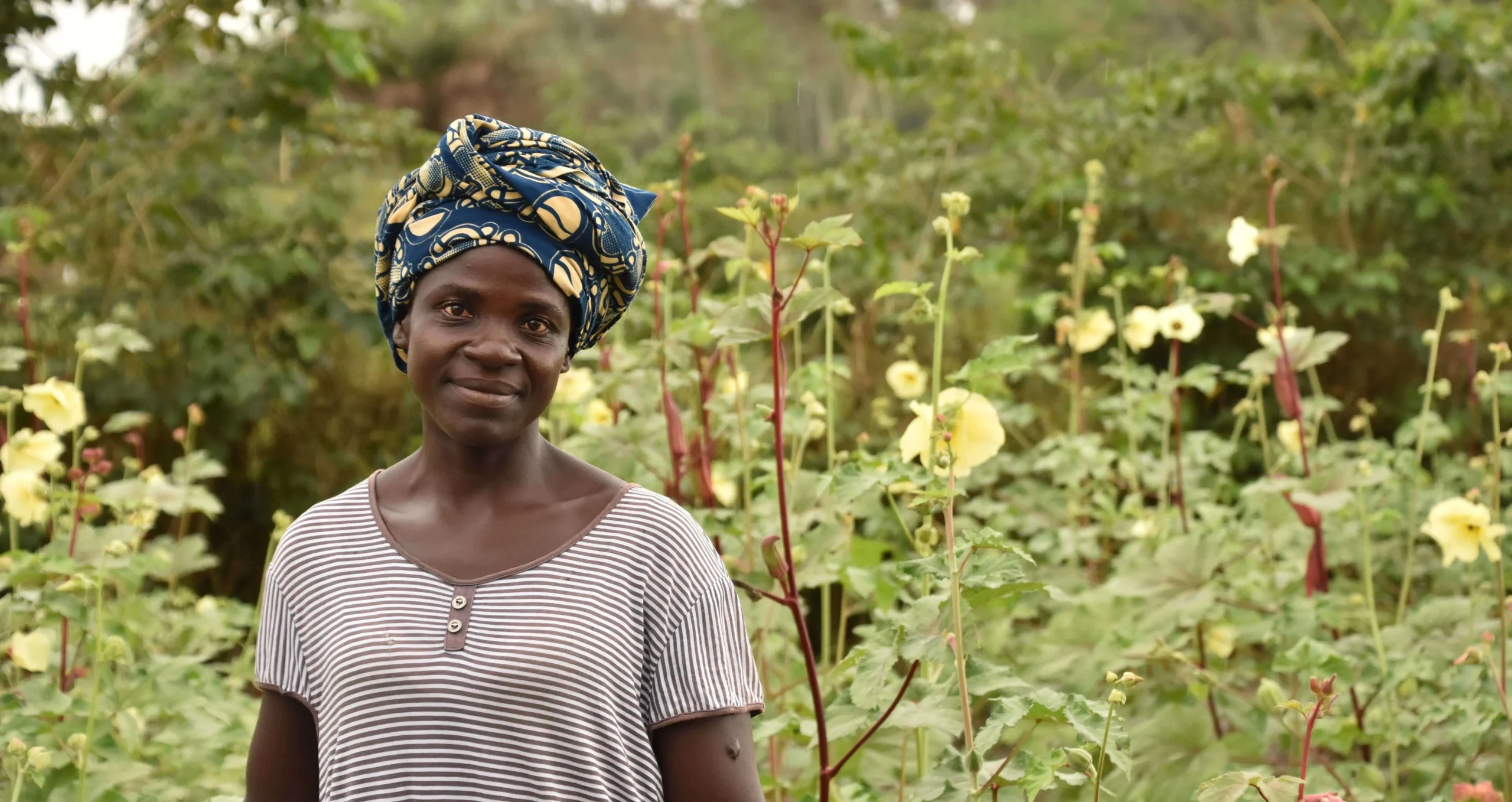
Climate smart agriculture has the potential to feed families and empower communities.
Smallholder farmers grow about 80% of the food consumed in Asia and Africa. But these farmers, who are on the frontlines of climate change and economic shocks, often experience extreme poverty and hunger. BRAC’s Agriculture, Food Security and Livelihood (AFSL) programmes help farmers adapt to climate change, link to markets, and boost their incomes. The programme focuses mostly on women and youth.
OUR REACH
BRAC International’s Agriculture, Food Security and Livelihood programme elevates farmers and their families out of hunger and malnutrition into secure, sustainable livelihoods.
With decades of experience strengthening livelihoods and reducing poverty in rural communities, BRAC International understands the challenges farmers face and recognises their huge untapped potential. Its agriculture programmes tackle these challenges holistically by catalysing and creating access to quality inputs and finance, developing entrepreneurs to widen services, promoting effective farming techniques and proven technology, and facilitate the development of pro-poor agriculture markets.
OUR APPROACH
Training and support
BRAC’s AFSL programmes train farmers in climate-smart agriculture and raising poultry and livestock and equip them with inputs like seeds, tools, poultry, livestock, and feed to jumpstart their businesses. BRAC also recruits and trains local leaders to serve as community promoters who provide onsite support and advice to farmers, help them resolve challenges, and sell goods such as animal feed, medication, seeds, and fertiliser.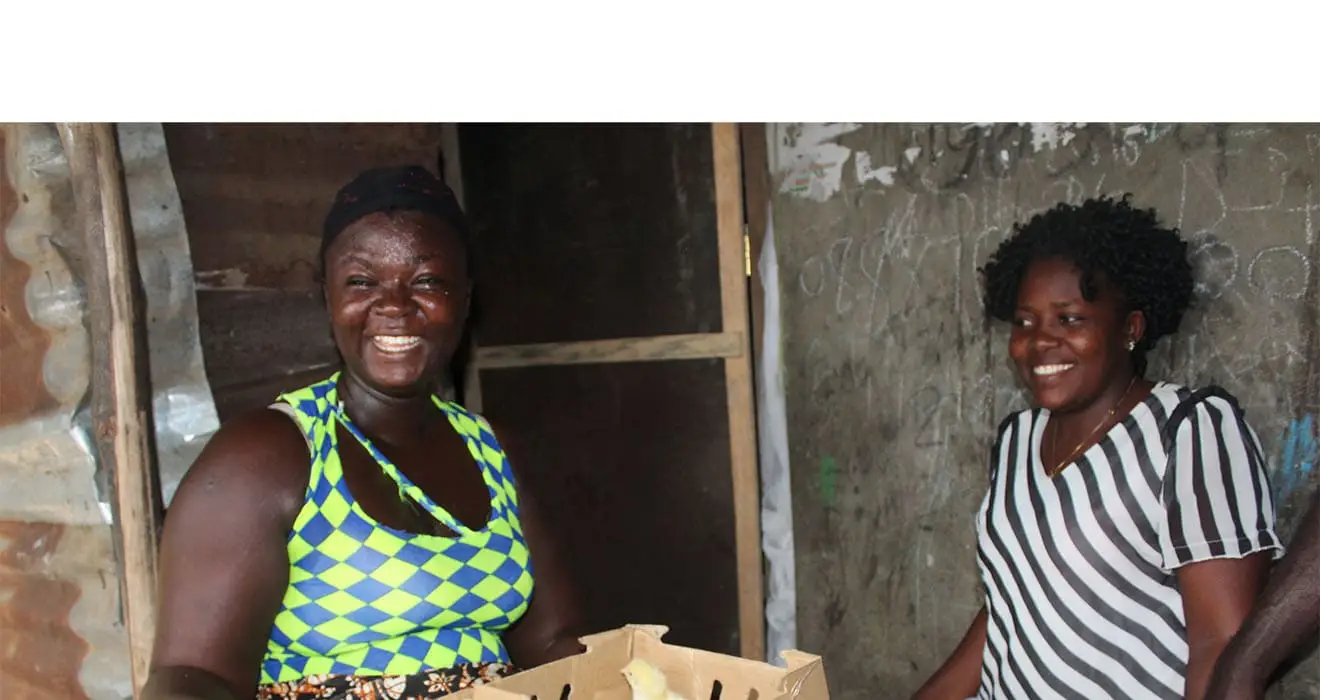
Developing entrepreneurs to widen services
BRAC International trains and develops community agriculture promoters (CAPs), community livestock promoters (CLPs), and other sector-specific micro-entrepreneurs, and provides them with starter inputs and loan support. These entrepreneurs widen the net of distribution for quality inputs and services provided to farmers, and earn money from the sale of quality inputs such as seeds, tools, fertiliser, and animal vaccinations as well as from providing extension and other services to smallholder farmers.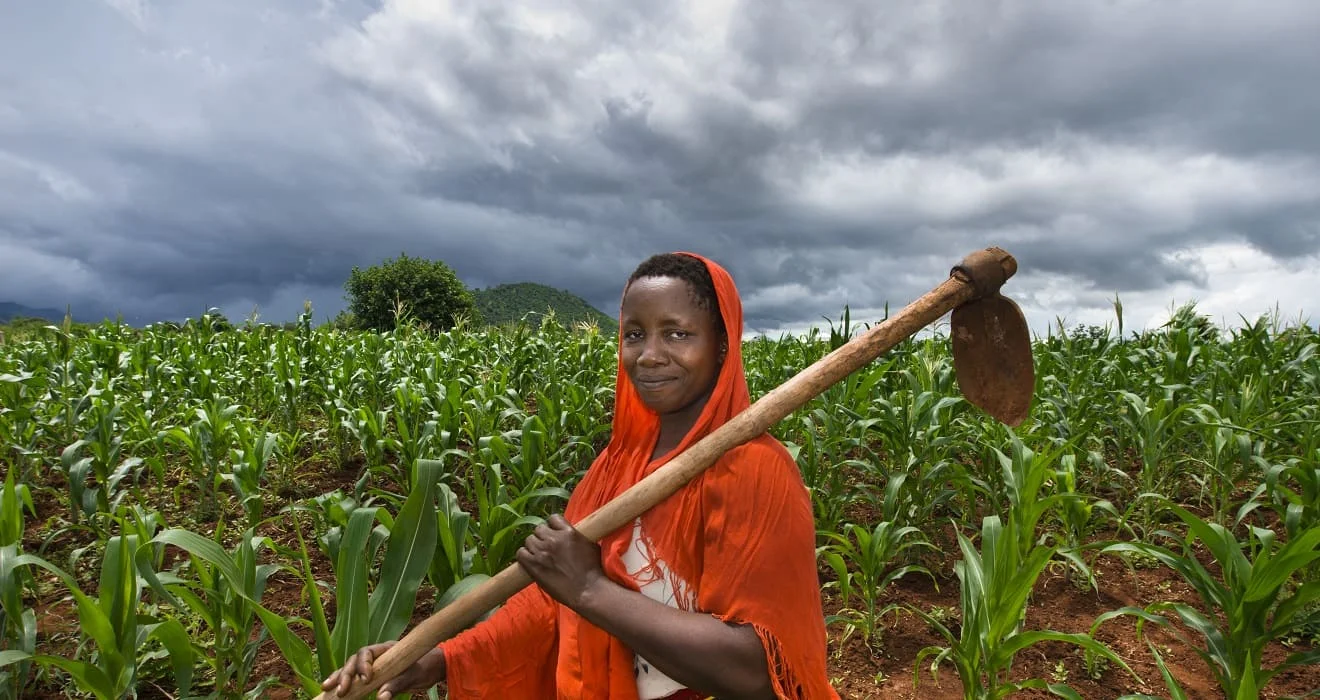
Strengthening markets
BRAC complements its training and support for farmers by strengthening rural value chains, connecting farmers to markets, and investing in local agriculture businesses. BRAC runs social enterprises, including seed farms, poultry hatcheries, and feed mills, creating a market of affordable, quality inputs for farmers. BRAC also fills gaps in local value chains by connecting farmers to markets where they can sell their products profitably. For example, in Bangladesh, BRAC’s dairy enterprise purchases milk from local dairy farmers at a fair price, linking them to sustainable sources of income. BRAC also invests in local micro-entrepreneurs who sell important agricultural resources like feed, seed, and tools, training them in business skills and equipping them with more inventory to grow their businesses.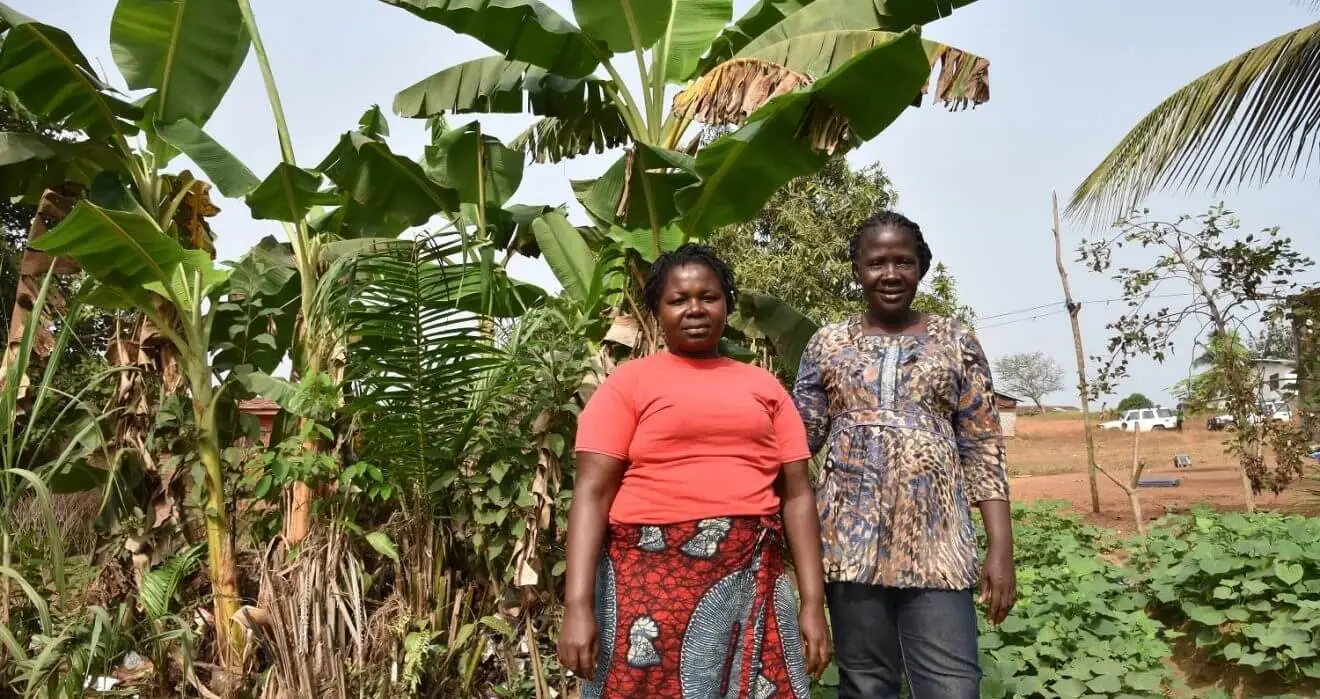
Nutrition and food security
BRAC promotes and introduces the nutrient rich crops, where increasing prevalence of child malnutrition affects the poorest communities. BRAC engages lactating, pregnant women and young mothers in nutrition forums and awareness campaigns, educating them about the importance of breastfeeding, child nutrition, hygiene, and food safety to promote healthy families and communities.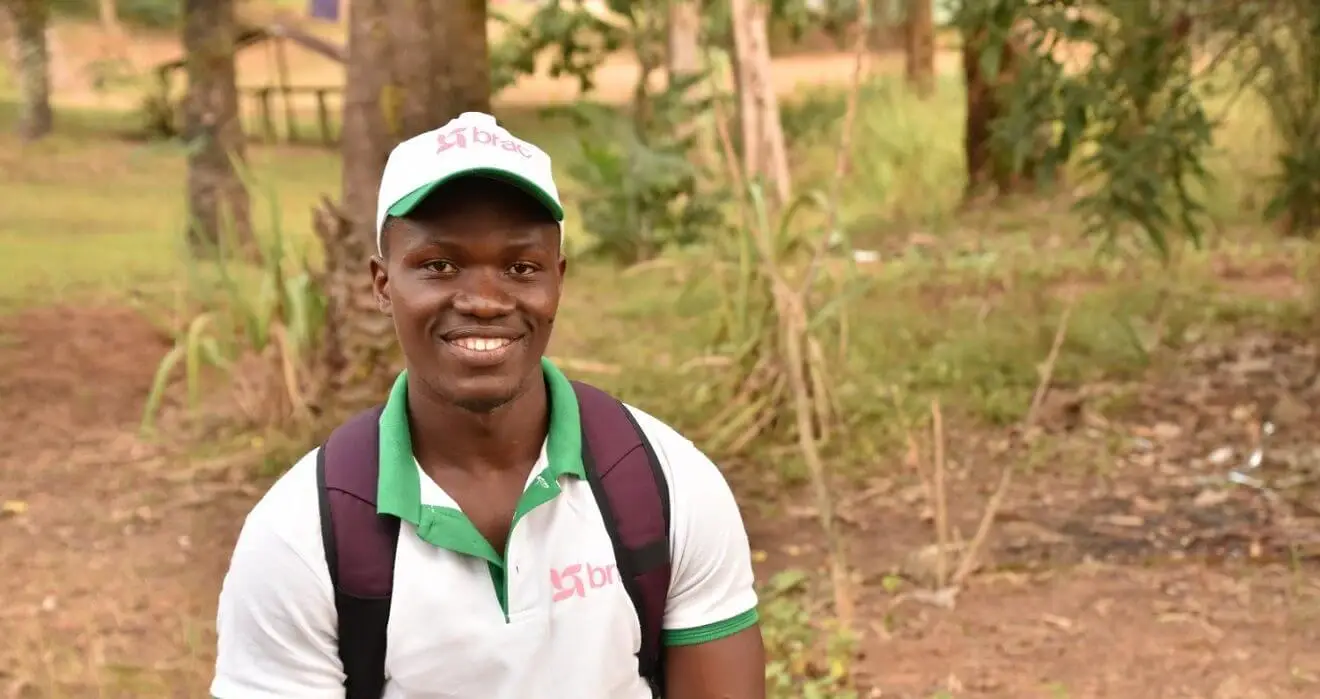
Research and Innovation
BRAC collaborates with agriculture research groups and governments to help research and develop improved crop varieties that are higher quality, have better nutritional value, and can survive in challenging conditions amid climate change.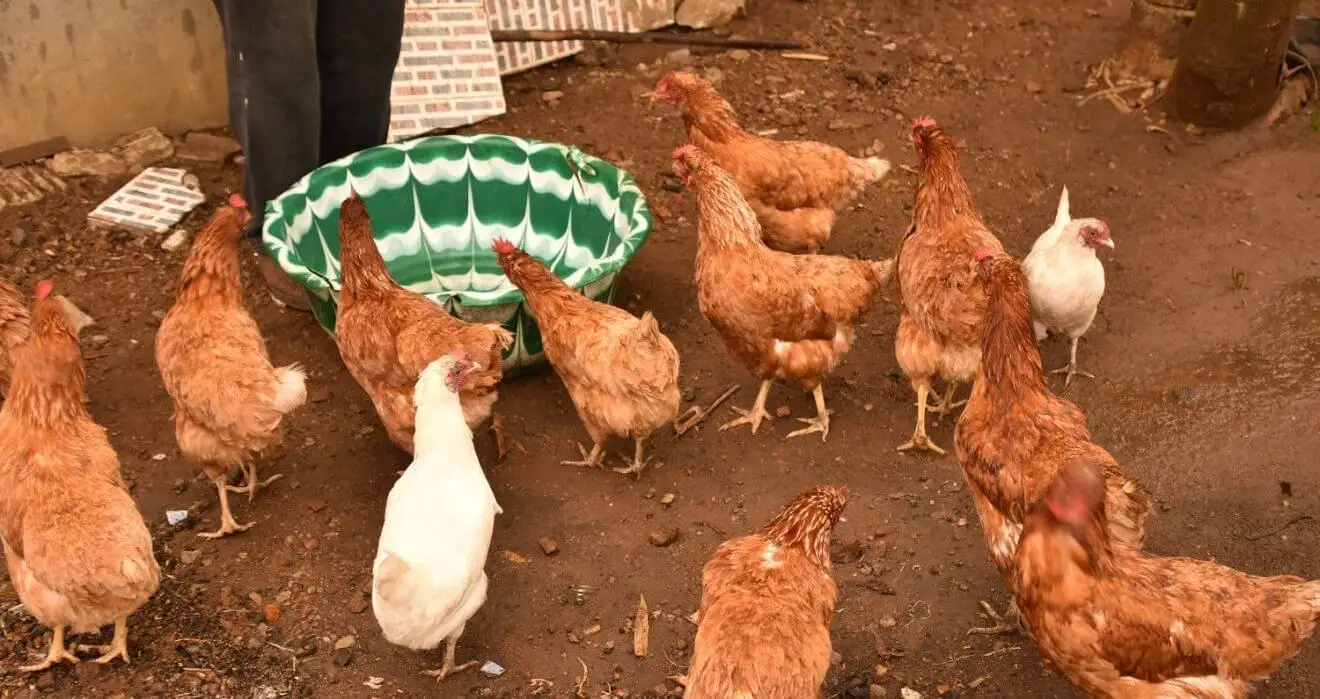
WHERE WE WORK
Liberia
BRAC Liberia was established in 2008 and is currently operating social development programmes in Agriculture, Food Security and Livelihood, Education, Ultra-Poor Graduation, Youth Empowerment, Health, and Microfinance. We work in 11 out of 15 counties of Liberia to support the underprivileged.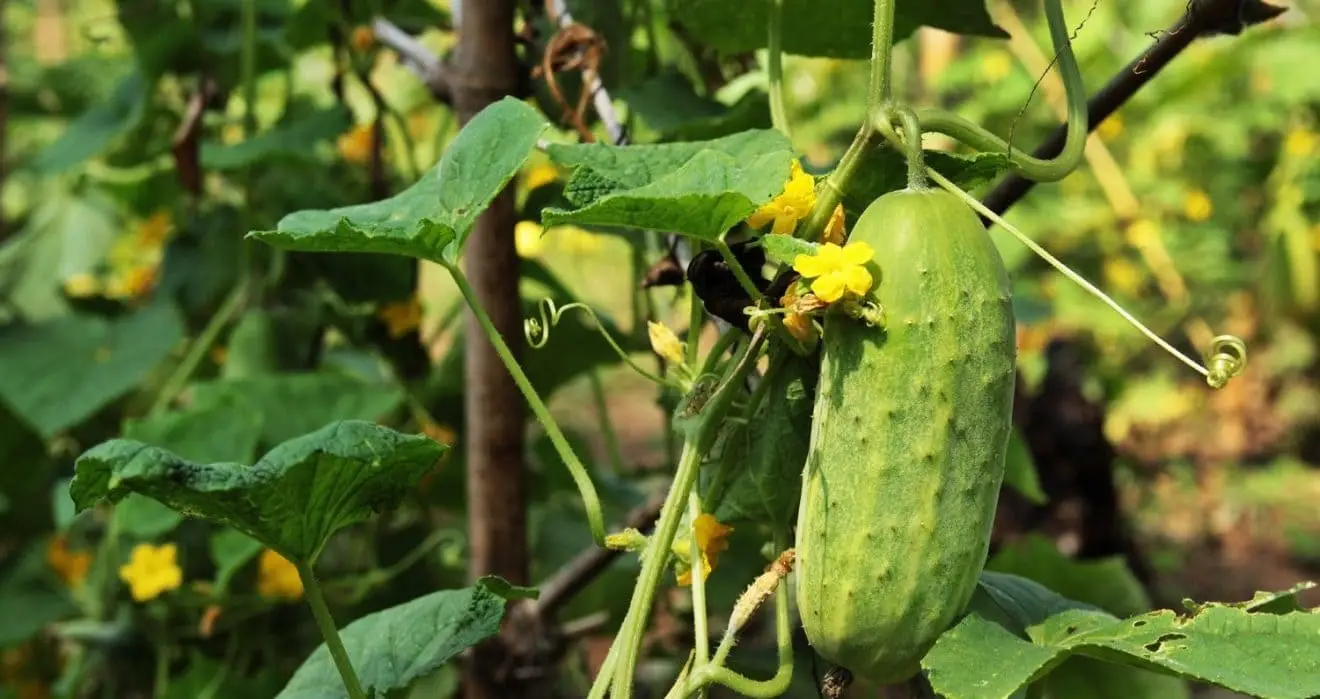
Myanmar
BRAC Myanmar started operating in 8 regions in 2013, and currently has four active projects focused on the following sectors –– Agriculture, Food Security and Livelihood, Disaster Reduction and Resilience Building, and Financial Inclusion.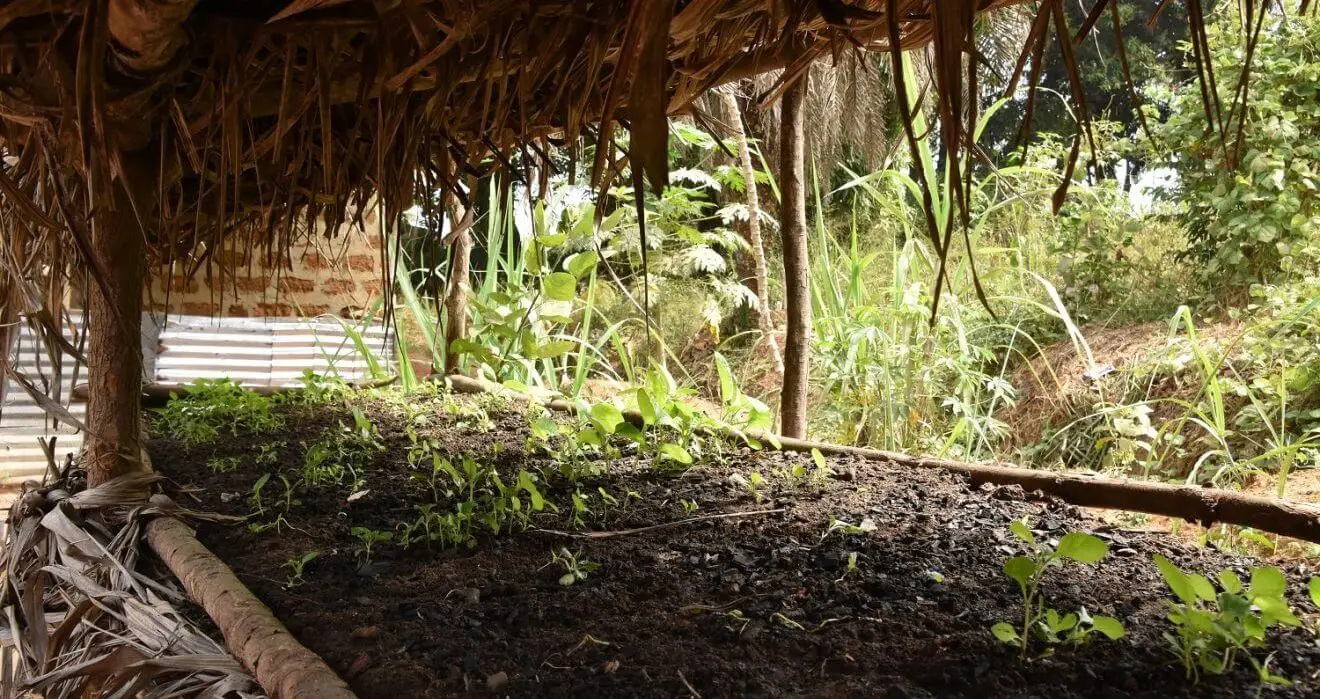
Sierra Leone
BRAC began work in Sierra Leone in 2008 with its principal activities being the provision of health services, education, agriculture, livestock, and youth empowerment programmes. We currently have programmes in Agriculture, Food Security and Livelihood, Youth Empowerment, and Microfinance. We mainly operate in the country’s Western and Northern provinces.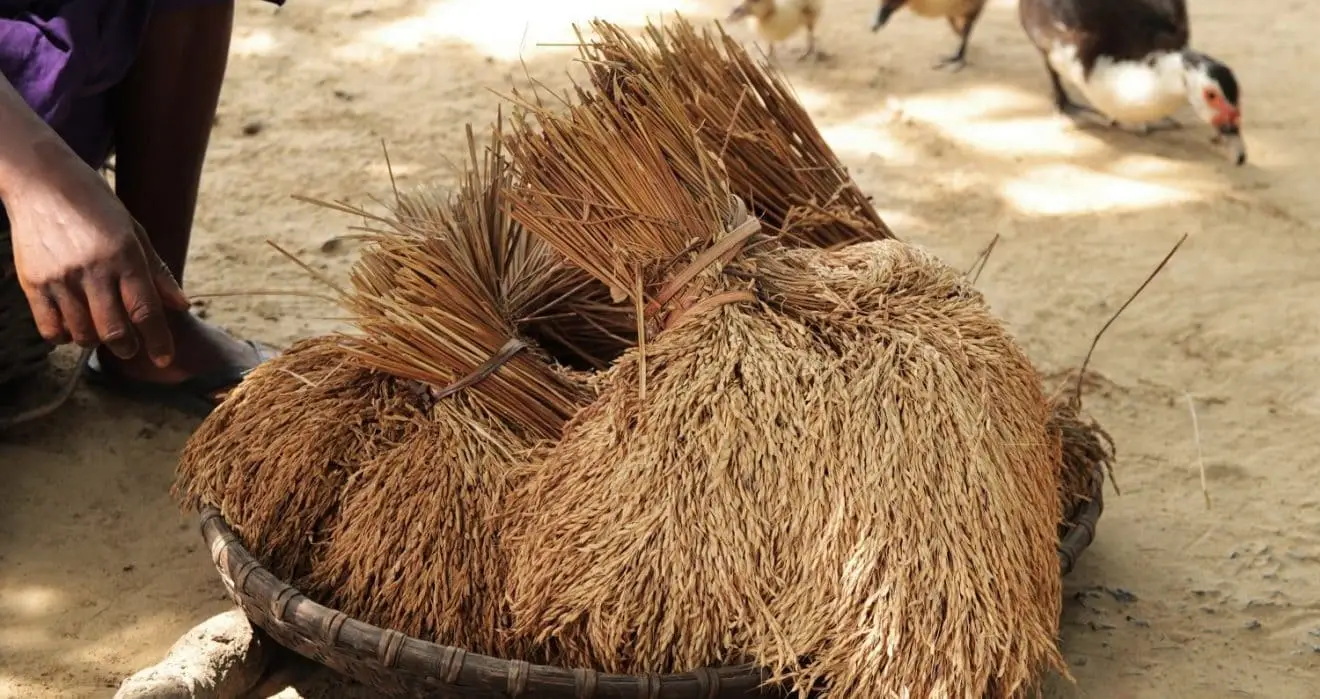
South Sudane
Founded in 2006, with a modest relaunch after the war, BRAC South Sudan is one of the fastest growing BRAC International entities, operating in six of the country’s ten states. Our current projects are: Community Based Education, Communities Rise, Third-Party Monitoring of the South Sudan Safety Net, and Enhancing Community Resilience and Local Governance.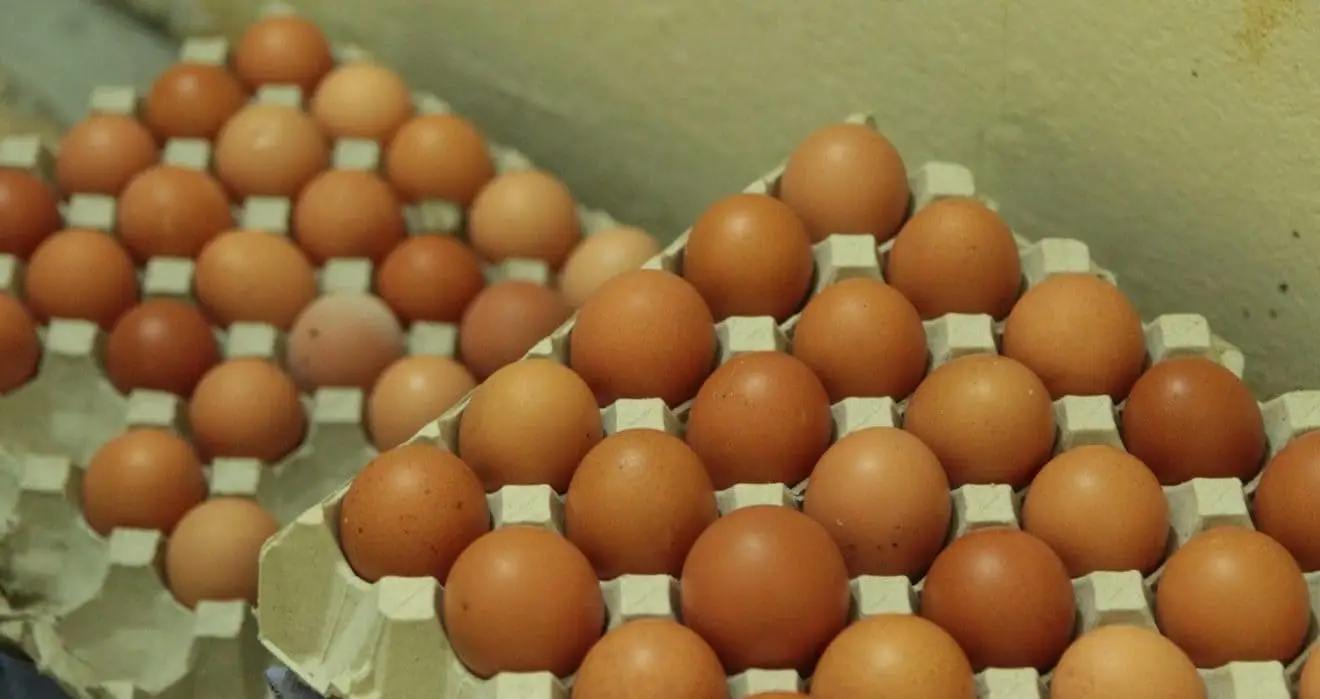
Tanzania
BRAC started working in Tanzania in 2006 to support poverty-stricken people with access to financial services. We now have programmes in Education, Early Childhood Development, Health, Youth Empowerment, and Microfinance to help meet the needs of marginalised people in the country.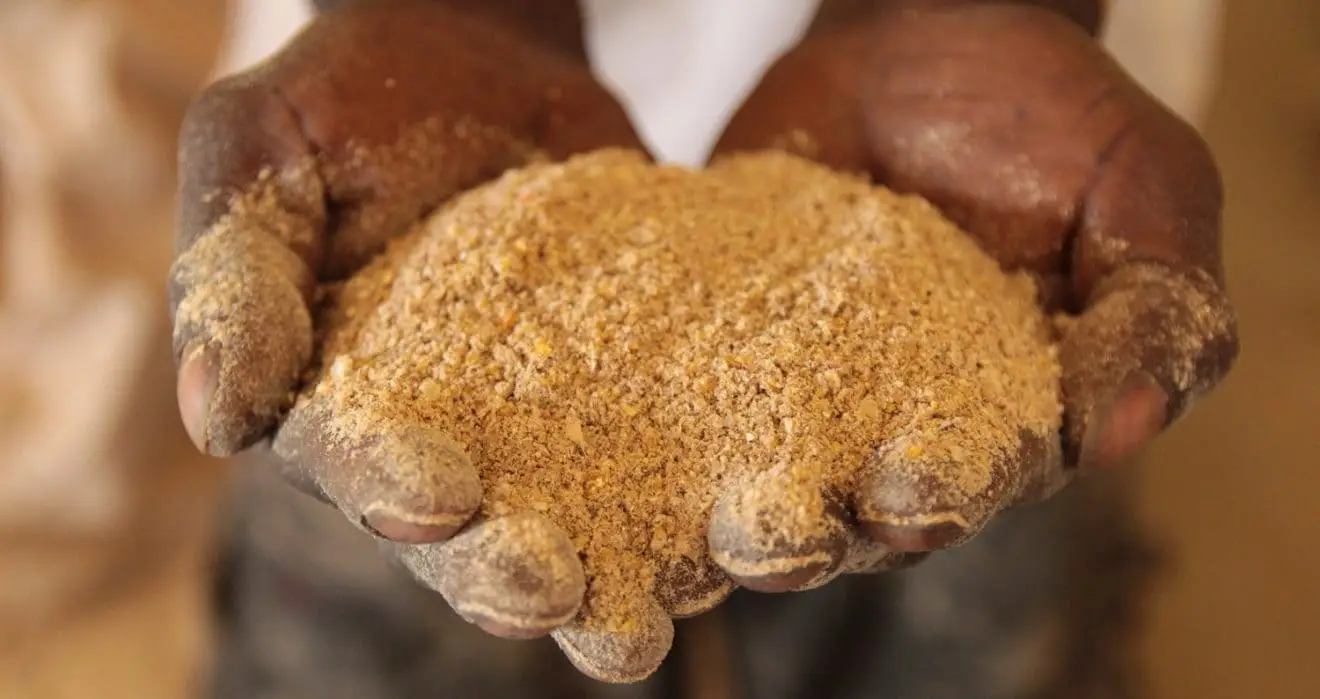
Uganda
BRAC Uganda started its operations in 2006 to contribute to poverty reduction and support women and youth. Our current programmes are: Education, Health, Disability Inclusive Graduation, Early Childhood Development, Emergency Preparedness and Response, Youth Empowerment, Agriculture, Food Security and Livelihood, and Microfinance to help marginalised people.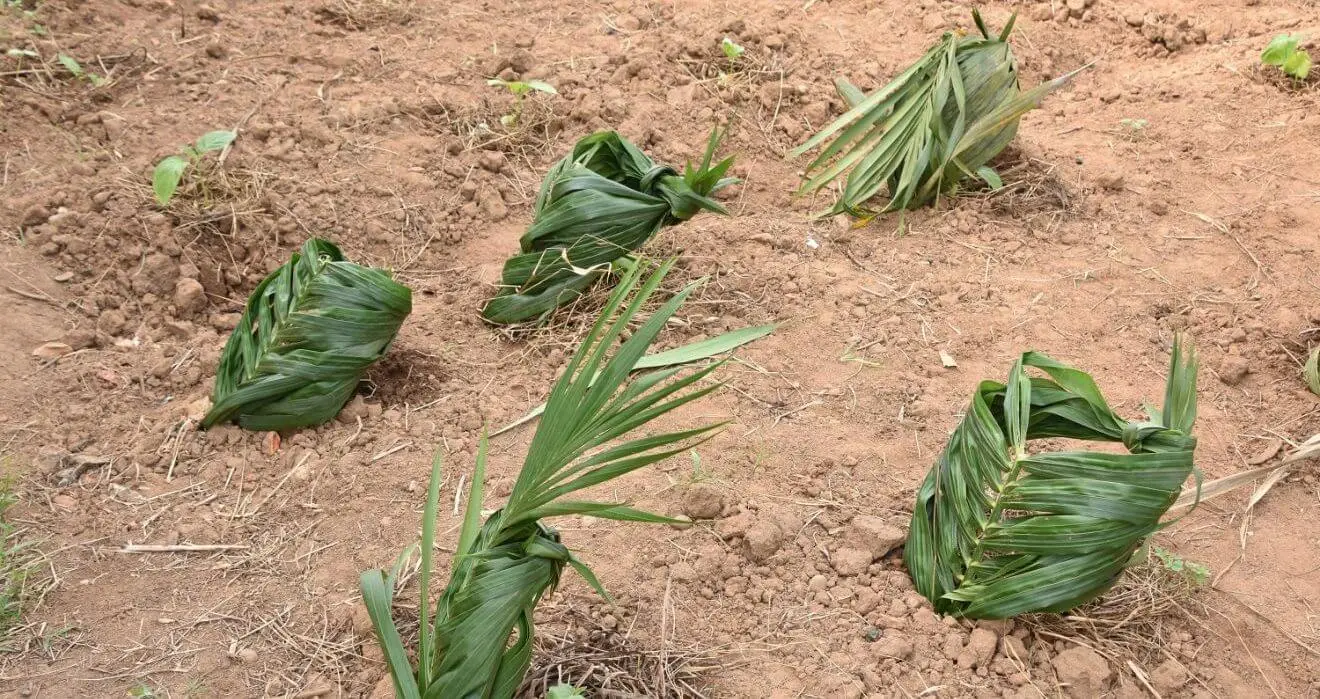
LATEST FROM US
RESEARCH EVIDENCE
The AFSL programme proved to have persistent impacts on farmers’ behaviour for as long as three years after the phaseout of intervention. An experimental evidence in Uganda showed that these behaviours were derived from farmers’ beneficial experience with improved seeds and good practices promoted by BRAC’s agriculture and livestock promoters. Further findings in Uganda showed that the improvements in farming practices, through information and training, can lead to increased food security and resilience to shocks. Similar study on adoption of promoted practices such as manure-use and crop rotation found a reduction of deforestation by 13 percent and higher productivity. In Afghanistan, a pilot experiment suggested a combination of training and input support for vegetable gardening as a scalable solution to address the marginalisation of young females. Positive impacts on adoption, production, income, and women’s empowerment were also found in Sierra Leone and Liberia. To create more synergy of impact, the experimental research in Uganda strongly recommended a combination of agriculture programme with other sectoral interventions. In all cases, it is important for sustainability to link the smallholder farmers to the markets and value chain actors, as suggested by the findings in Tanzania.
RESEARCH BRIEFS OF RELATED STUDIES
- The Approach to Enhancing Smallholder Family Nutrition in Uganda
- Impact of the Food Security Intervention through Kitchen Gardening and Poultry Rearing in Sierra Leone and Liberia
- Impact of Agricultural Supports for the Poor Households under PRO-ACT Project in Liberia
- Impact of the Agriculture Extension Programme in Uganda
- Increasing Agricultural and Livestock Productivity of Marginalised Smallholder Farmers in Tanzania

